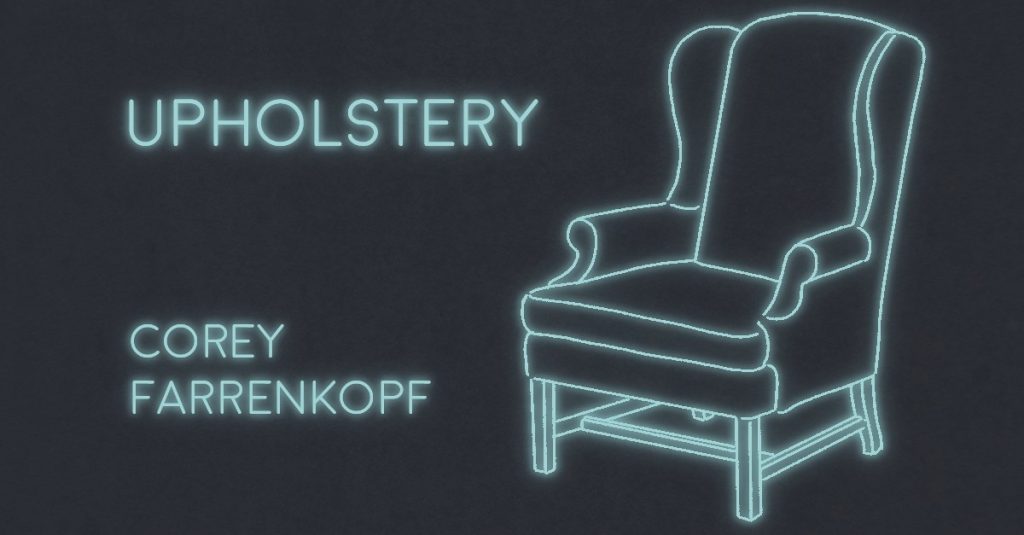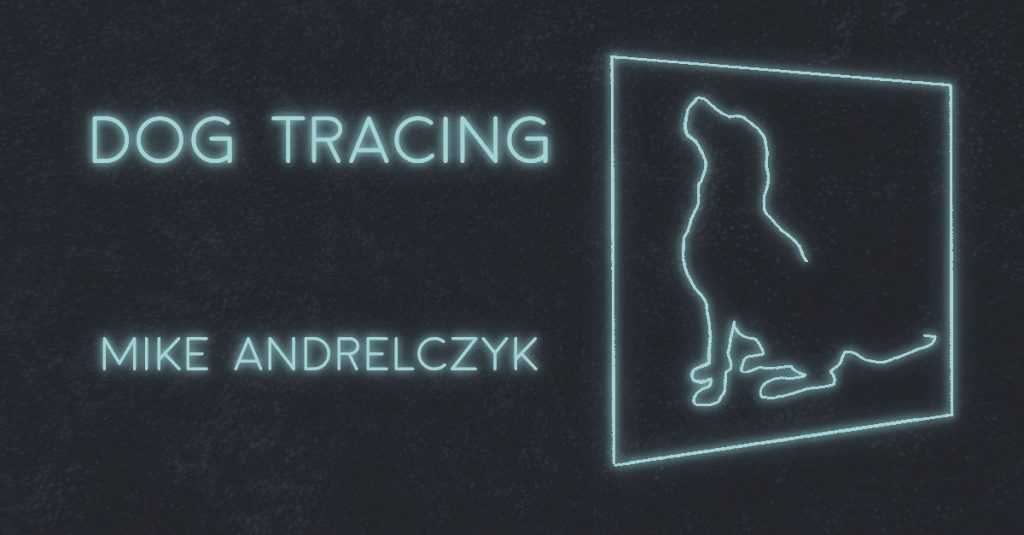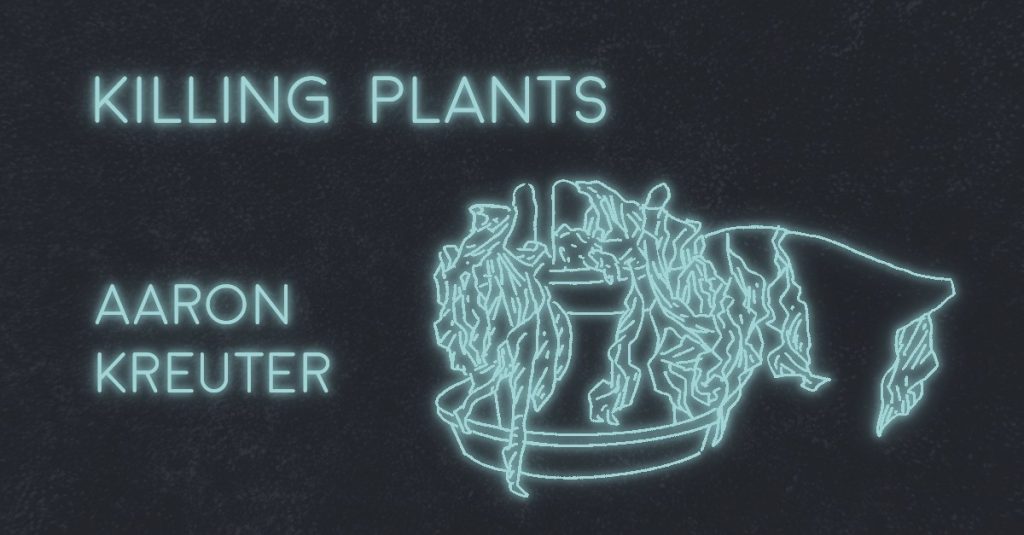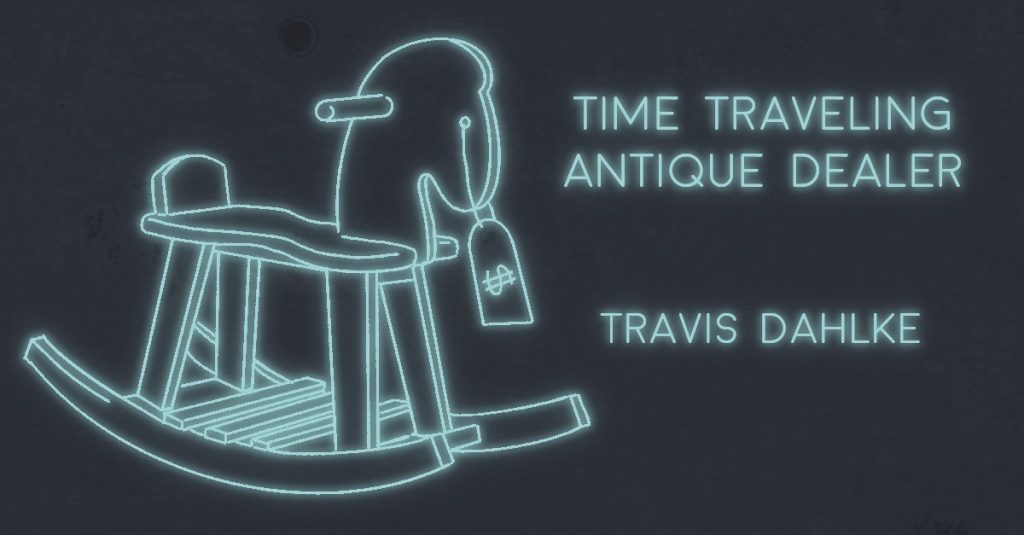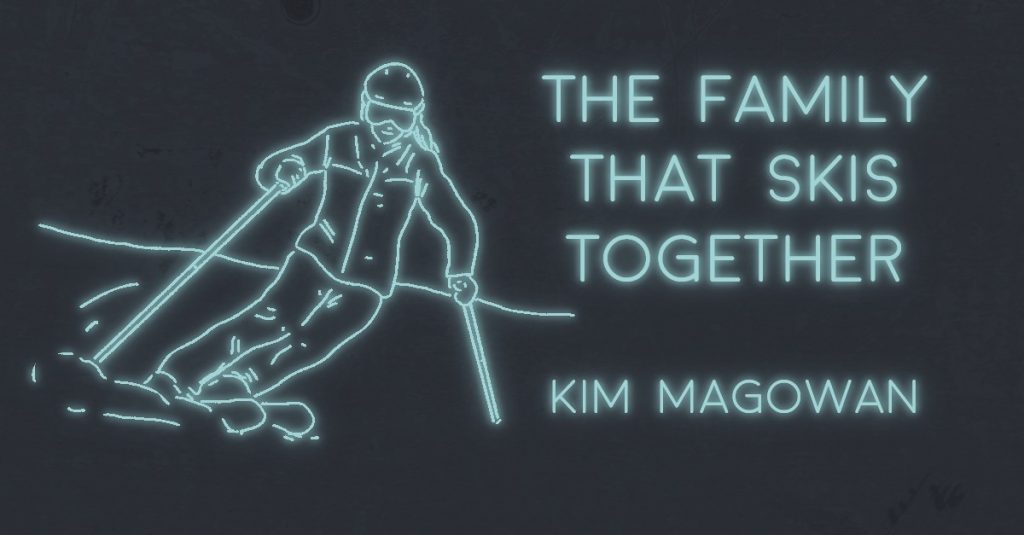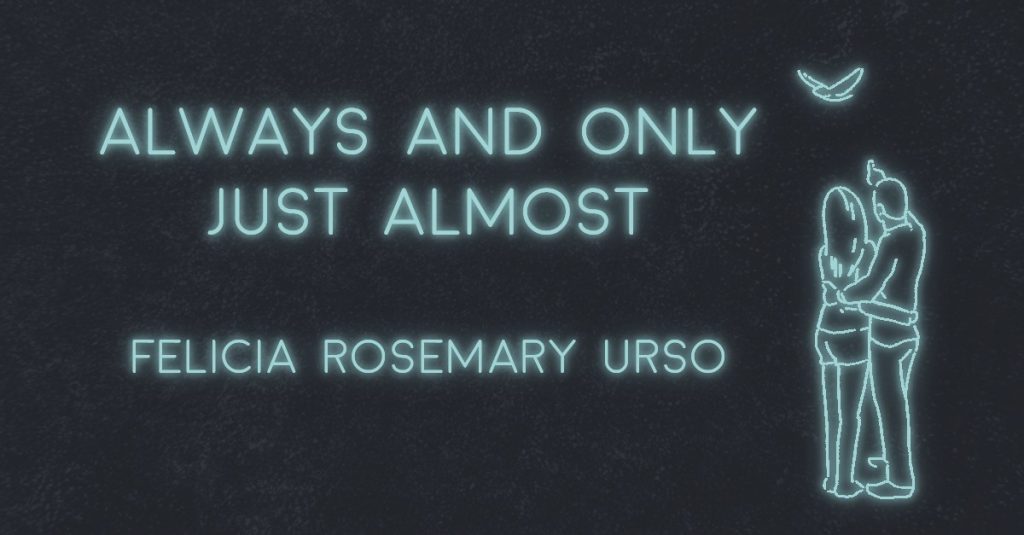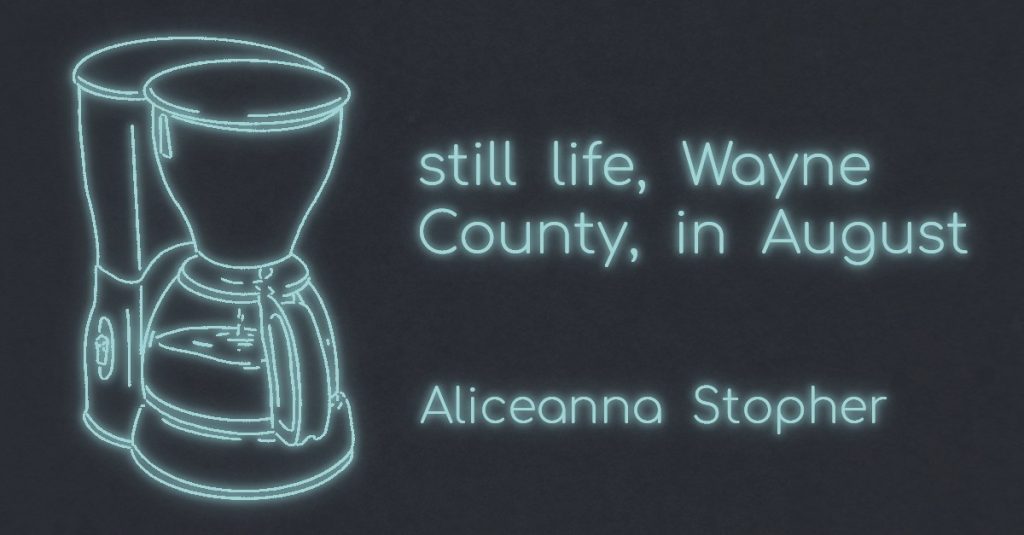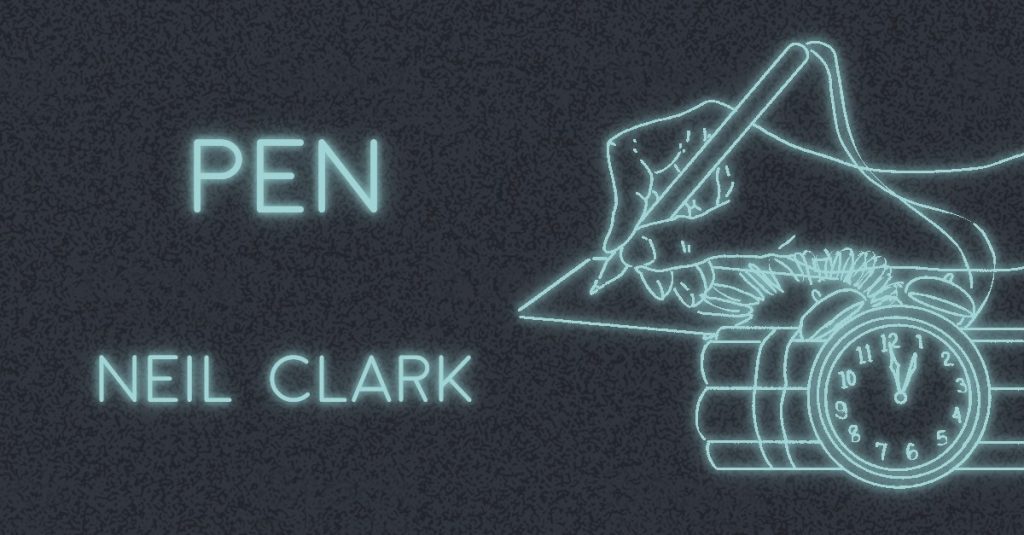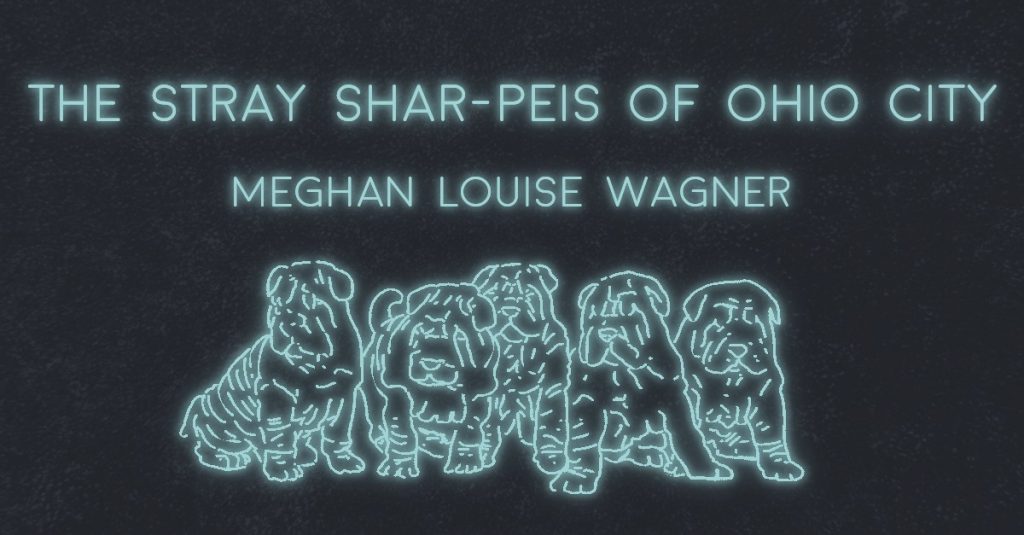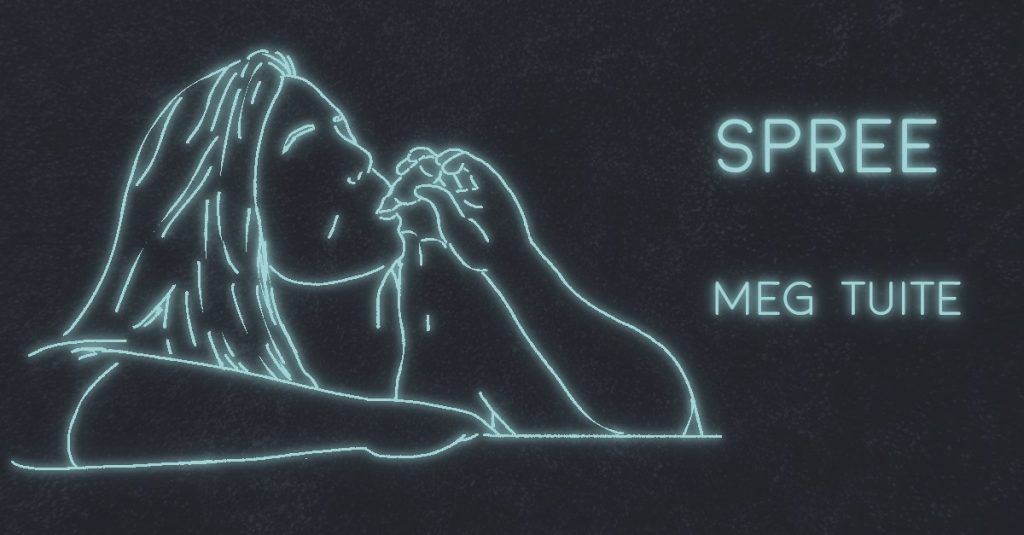
SPREE by Meg Tuite
Mom has an entire fortress of pillows that she readjusts around her body. “Barricading my skin against bedsores. Stay in one place for too long and you’ll have to order another ass from Walgreens.” Amber prescription bottles layer her bedside table. She marks the empties with a black X, doesn’t throw them away until a refill has been secured. Rustling toes mow through bed sheets as Mom drags up another mini-vodka with her feet. The bottomless cascade of that clear liquid is her Niagara Falls. She is queen of the mini-island. Bottles are stashed away in pockets, beds, pillows, shoes,…

